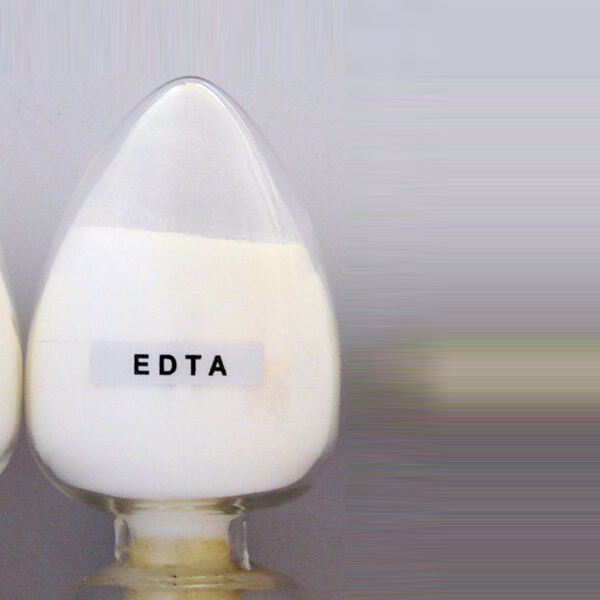
News
Nov . 10, 2024 20:56 Back to list
Polyglutamic Acid Powder Supplier for High-Quality Skin Care and Health Supplements
The Rise of Polyglutamic Acid Powder A Key Ingredient in Skincare and Beyond
In the world of skincare and cosmetics, one ingredient is making waves for its incredible moisturizing properties and versatility—polyglutamic acid powder. As a supplier of this innovative substance, it's essential to understand its significance, benefits, and applications in various industries.
What is Polyglutamic Acid?
Polyglutamic acid (PGA) is a naturally occurring biopolymer derived from fermentation processes, particularly involving certain strains of bacteria. It is a long-chain amino acid that has garnered attention for its ability to hold moisture effectively. In fact, polyglutamic acid can retain up to 5,000 times its weight in water, making it a formidable humectant. Its lightweight texture and ability to penetrate the skin easily differentiate it from traditional hyaluronic acid, offering enhanced hydration without the heaviness.
Benefits of Polyglutamic Acid Powder
1. Superior Hydration The primary benefit of polyglutamic acid is its unparalleled moisturizing capabilities. It attracts water molecules and binds them to the skin, resulting in plumper, more elastic, and youthful-looking skin. This property makes it ideal for formulations aimed at combating dryness and promoting overall skin health.
2. Anti-Aging Properties As we age, our skin loses its natural moisture and elasticity, leading to the appearance of fine lines and wrinkles. Polyglutamic acid works synergistically with other active ingredients to enhance skin hydration and improve texture, making it a valuable addition to anti-aging skincare products.
3. Enhanced Product Stability As a powder, polyglutamic acid can be more stable than its liquid counterparts when formulated properly. This stability allows suppliers to create a wide variety of products, from serums and moisturizers to masks and powdered formulations.
polyglutamic acid powder supplier

4. Compatibility with Other Ingredients Polyglutamic acid is known for its compatibility with a range of other skincare ingredients, including peptides and antioxidants. This allows formulators to create effective products that leverage the benefits of multiple actives, delivering noticeable results.
5. Versatility Beyond Skincare Beyond its use in skincare, polyglutamic acid is also finding applications in other industries, such as food, pharmaceuticals, and biomedicine. Its ability to retain moisture and improve texture makes it a valuable ingredient in food products and dietary supplements.
Sourcing Polyglutamic Acid Powder
For businesses looking to incorporate polyglutamic acid into their product offerings, choosing a reliable supplier is crucial. A reputable supplier should provide high-quality, pure polyglutamic acid powder that adheres to industry standards. Furthermore, understanding the sourcing methods—whether synthetic or bio-derived—is essential as it can affect the ingredient's efficacy and safety.
When selecting a supplier, consider their testing protocols, production methods, and certifications. Transparency regarding sourcing and quality assurance can lead to a stronger partnership and more successful product formulation.
Conclusion
Polyglutamic acid powder represents a significant advancement in the skincare and cosmetic industries, offering an array of benefits that cater to the evolving needs of consumers. As a supplier of this dynamic ingredient, embracing its unique properties and promoting its versatility could lead to innovative product developments that not only enhance skin hydration but also address various aesthetic concerns. As the demand for effective and clean beauty products continues to grow, polyglutamic acid powder is poised to be a critical ingredient in the formulations of the future. Whether in serums, lotions, or even food products, its potential is as vast as the market it serves.
-
Polyaspartic Acid Salts in Agricultural Fertilizers: A Sustainable Solution
NewsJul.21,2025
-
OEM Chelating Agent Preservative Supplier & Manufacturer High-Quality Customized Solutions
NewsJul.08,2025
-
OEM Potassium Chelating Agent Manufacturer - Custom Potassium Oxalate & Citrate Solutions
NewsJul.08,2025
-
OEM Pentasodium DTPA Chelating Agent Supplier & Manufacturer High Purity & Cost-Effective Solutions
NewsJul.08,2025
-
High-Efficiency Chelated Trace Elements Fertilizer Bulk Supplier & Manufacturer Quotes
NewsJul.07,2025
-
High Quality K Formation for a Chelating Agent – Reliable Manufacturer & Supplier
NewsJul.07,2025
